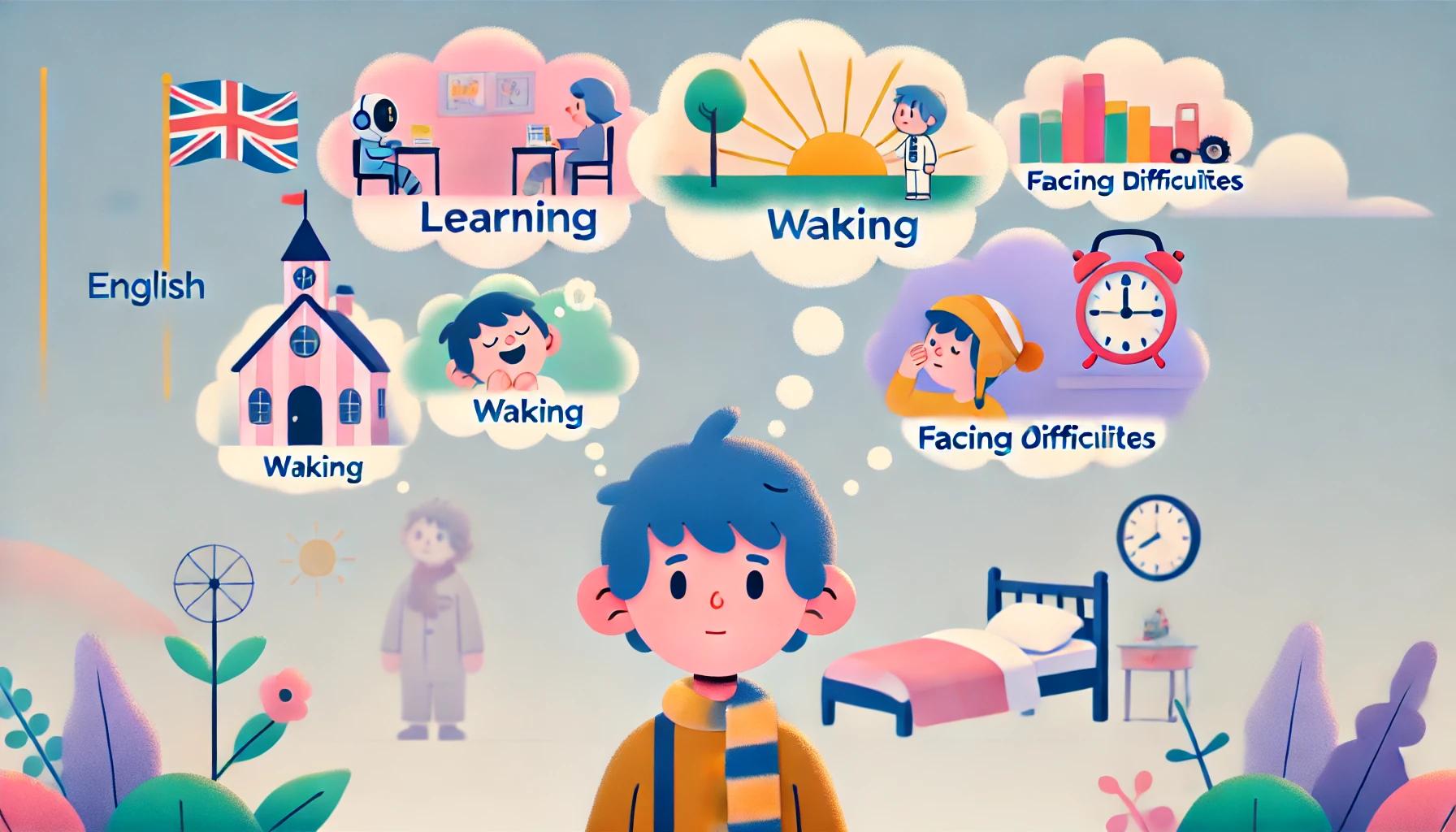ExploretheimportanceofEnglishlearningacrossdifferentlifestages,fromchildhoodcuriositytoovercomingchallengeswithconsistentpracticeandsupport.

WhenIWasLittle:ReflectionsonChildhoodEnglishLearning
Childhoodisacriticalperiodforlanguageacquisition.ManystudiesshowthatearlyexposuretoEnglishsignificantlyenhanceslinguisticcapabilities.However,thelearningenvironment,whetherformalorinformal,shapesthisdevelopment.ChildrenwhoengagewithEnglishthrough
FacingDifficulties:OvercomingChallengesWhileLearningEnglish
LearninganewlanguagelikeEnglishcanbechallenging,especiallywhenfacedwithdifficultieslikelimitedaccesstoresourcesorinadequatelearningenvironments.It’simportanttofocusonbuildingresiliencethroughpracticalsteps,suchassettingsmall,achievablegoals.Integ
WhenIWokeUp:TheImportanceofConsistentLanguagePractice
Consistencyiscrucialinmasteringanylanguage,includingEnglish.Regularpractice,suchasreadingorspeakingdaily,helpsreinforcenewlyacquiredskills.Researchshowsthatlearnerswhoconsistentlyengagewiththelanguagethroughvariousmediums—likereadingnews,watching
WhenIHaveDifficulties:TheRoleofSupportSystemsinLanguageLearning
Havingastrongsupportsystemiscrucialforlanguagelearners,especiallywhentheyencounterdifficulties.Whetherit'speergroups,onlinecommunities,ormentors,thesenetworksprovidenotjusttechnicalhelpbutalsoemotionalsupport.Engaginginlanguageexchangeprogramsorj
WhenIWasaChild:LanguageLearningandEmotionalGrowth
Learningalanguageduringchildhooddoesn'tjustimprovecognitiveabilitiesbutalsofostersemotionalandsocialdevelopment.Engagingwithnewlanguagesallowschildrentoexploredifferentculturesandperspectives,promotingempathyandsocialawareness.Byinteractingwithdi
 搜索
搜索


















